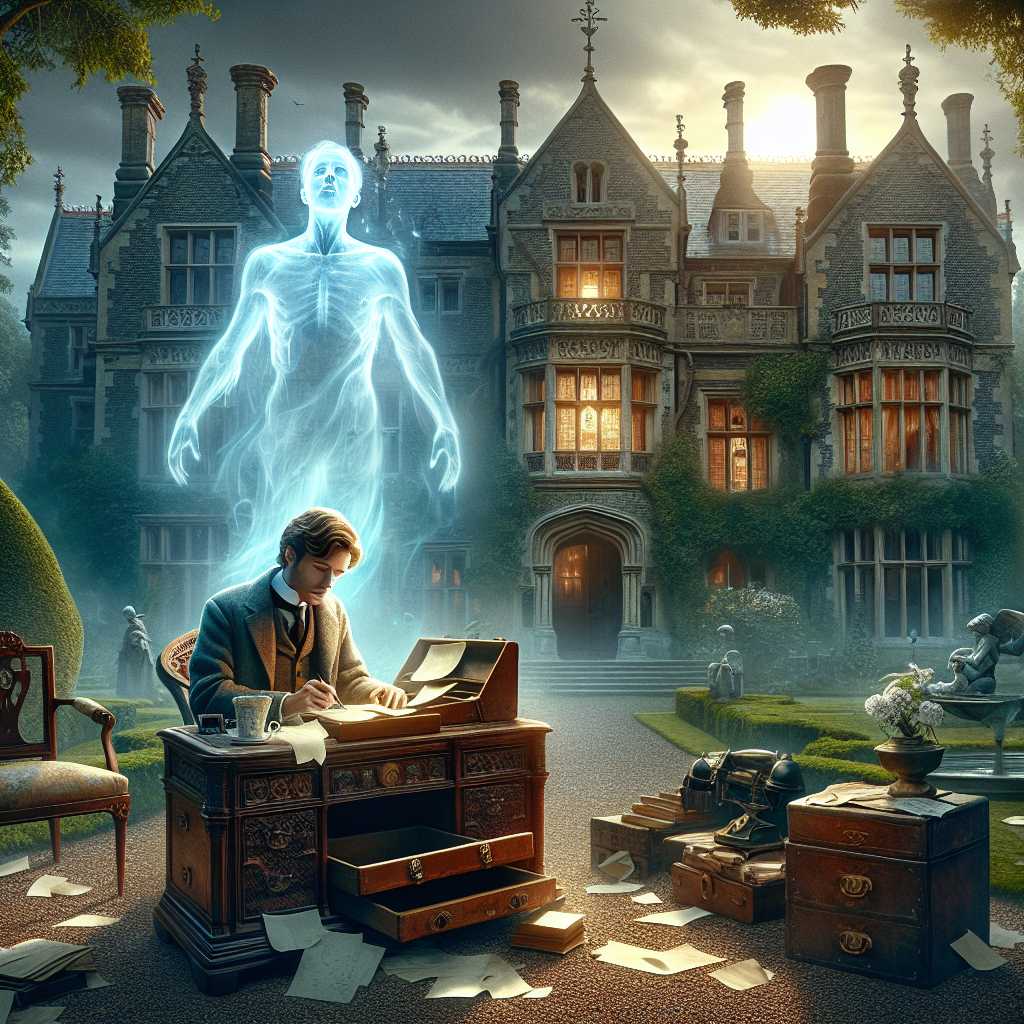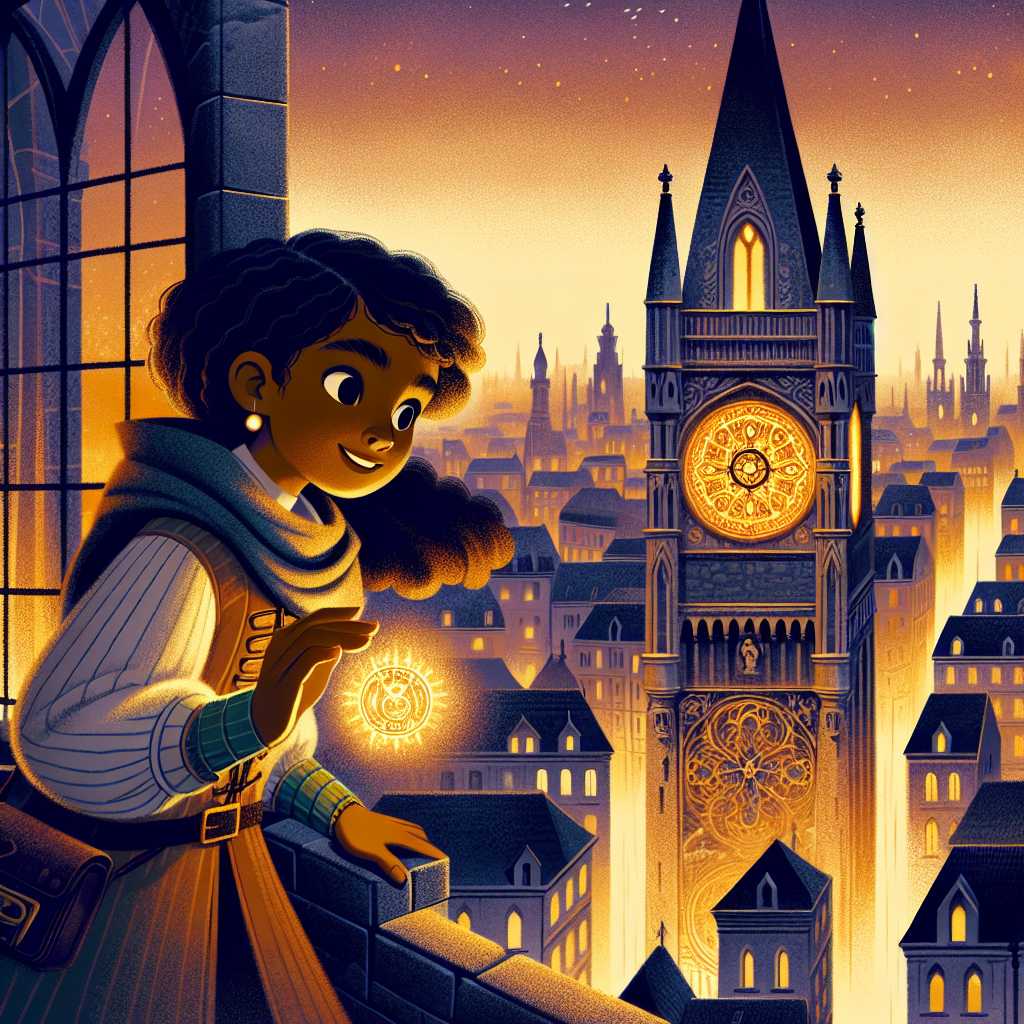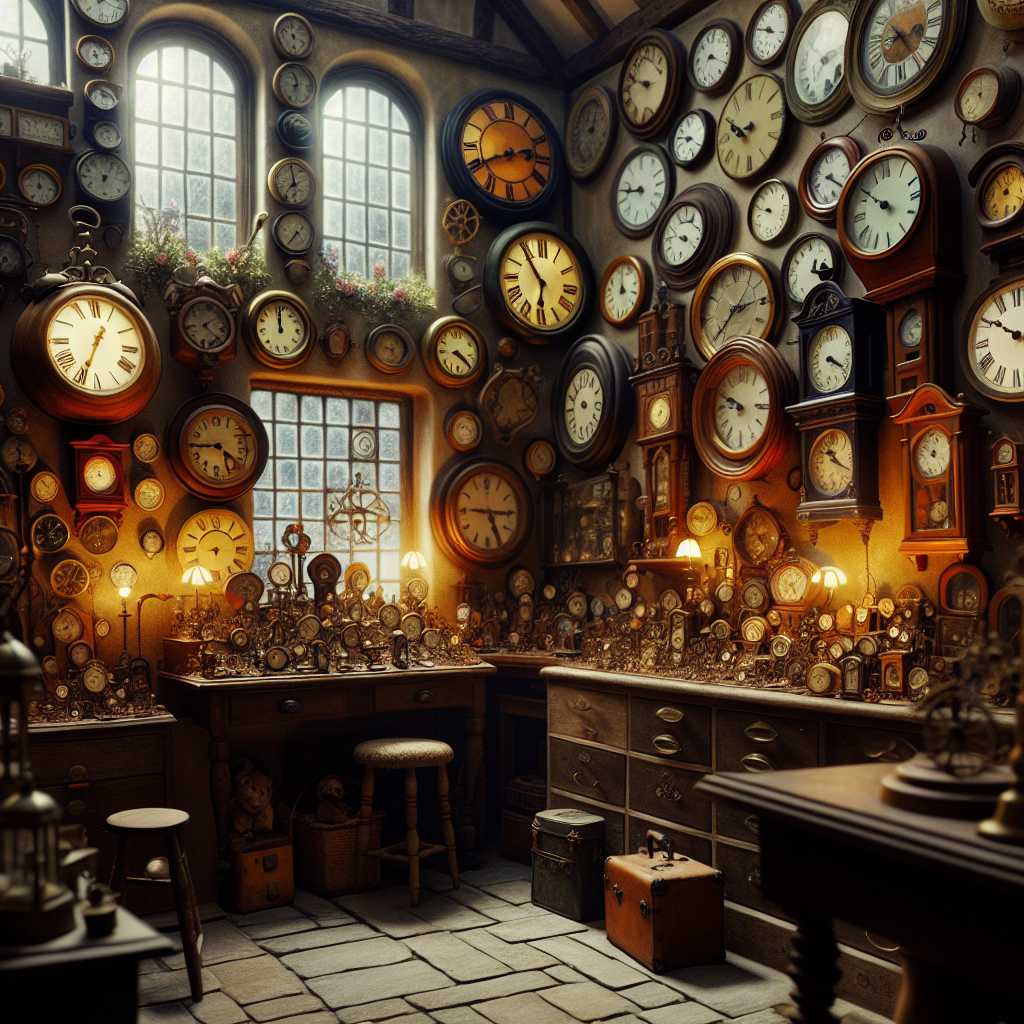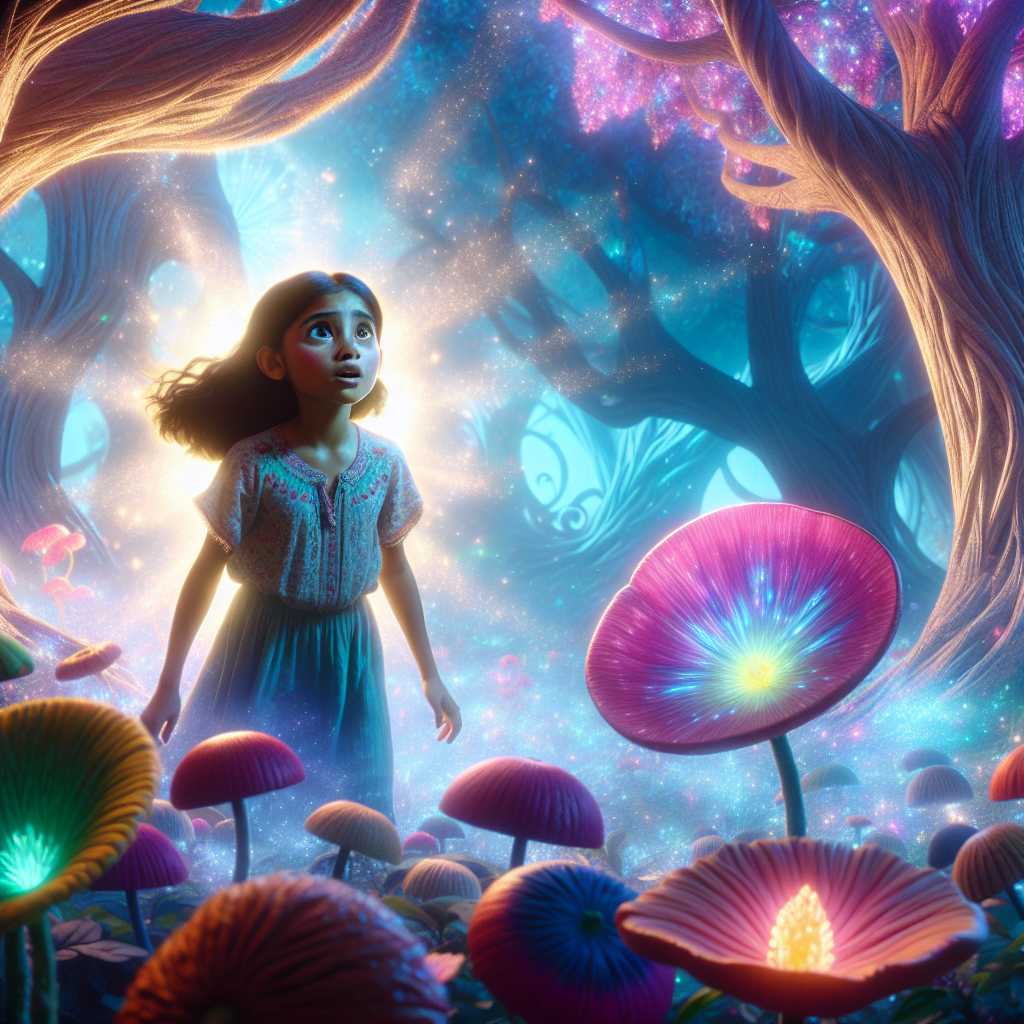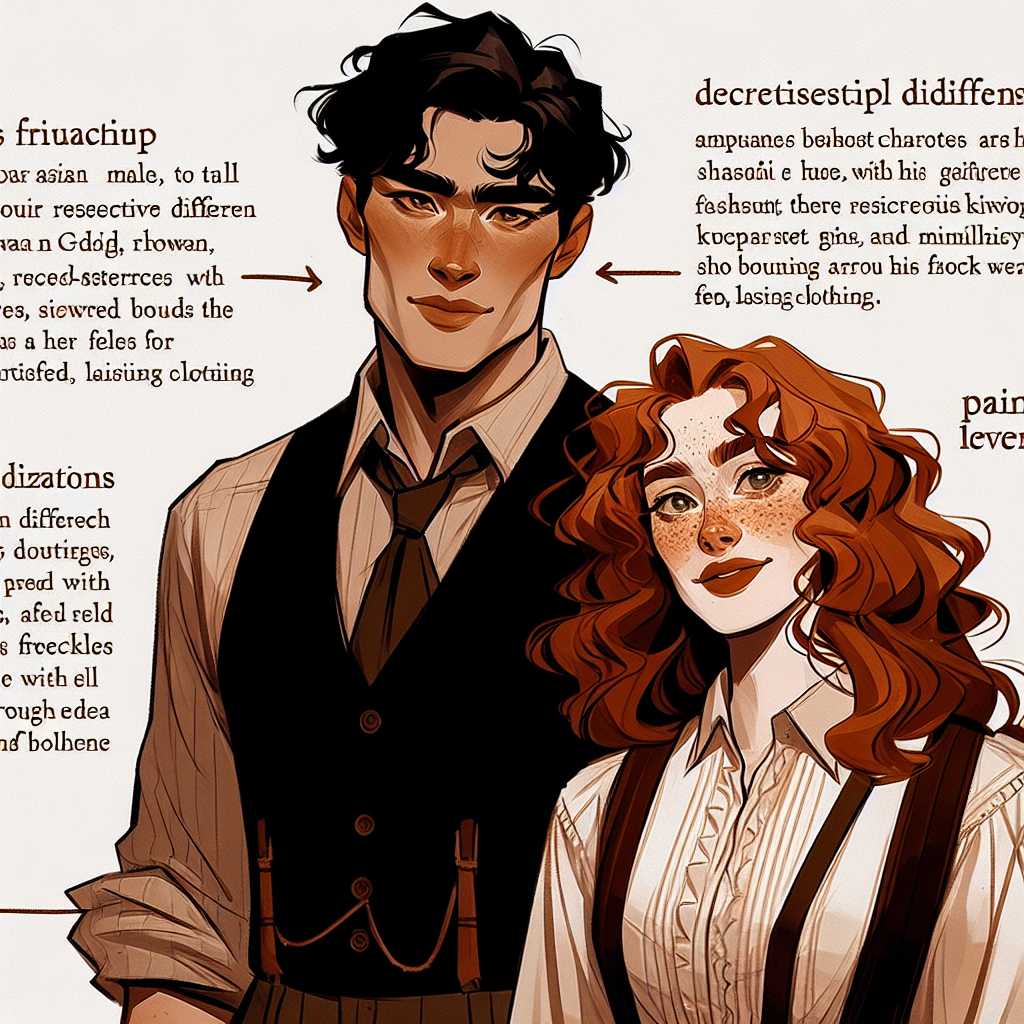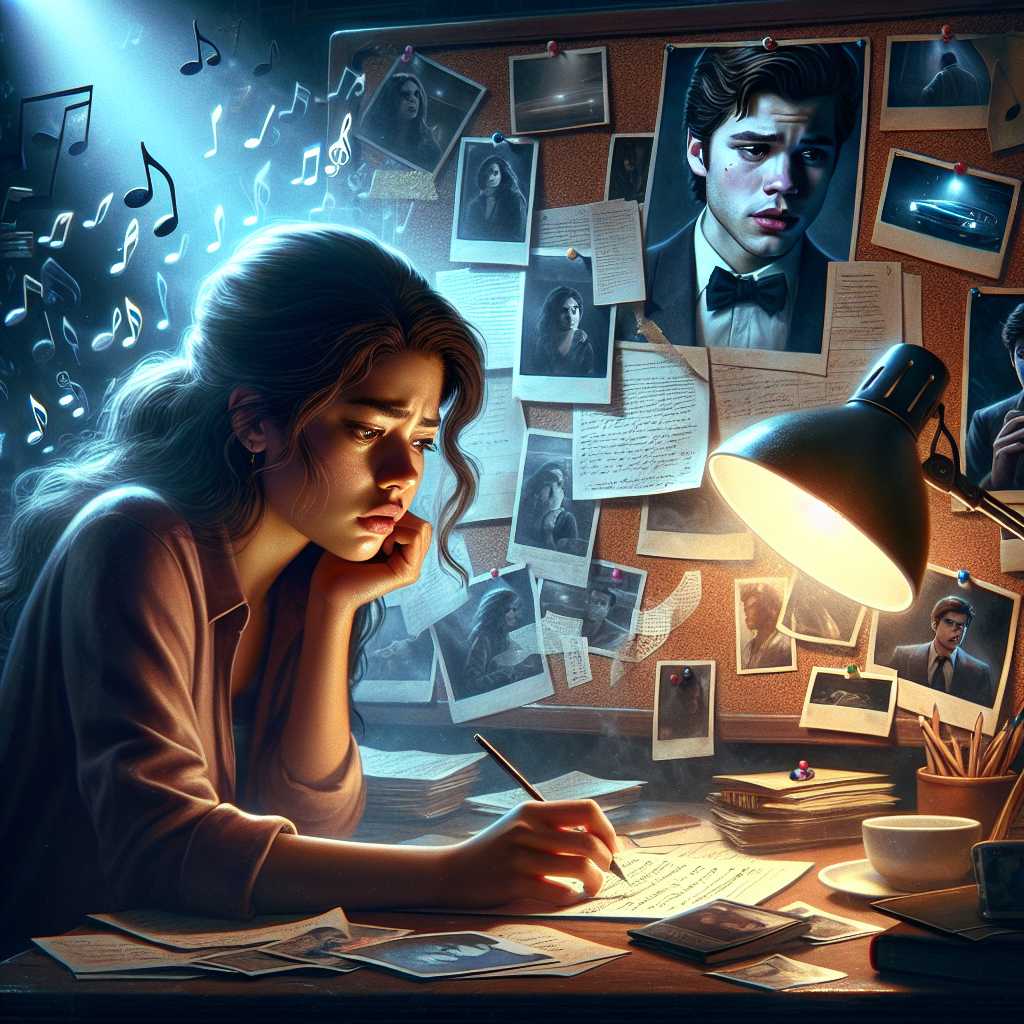
In the heart of the secluded English countryside, where the sun painted strokes of gold upon the lush green valleys, lay a quaint little village called Willow Creek. The village was named after the gentle stream that meandered through its core, flanked by graceful willow trees that seemed to guard the secrets of time like silent sentinels.
One could argue that Willow Creek wasn’t any different from other picturesque English villages with their cobblestone paths and thatched-roof cottages. But those who had paused long enough to listen to the whispering winds that caressed the village knew it was a magical place, for it was here that fate had decided to script a tale of love as eternal as time itself.
Our story begins in the golden month of June. The village was abuzz, preparing for the annual Willow Festival, a celebration replete with flowers, laughter, and dance. It was during these festivities that young Clara Beaumont returned home from the bustling city, her eyes reflecting the vivacious pulse of youth and the warmth of a thousand summer suns.
As she stepped off the carriage with a gust of laughter, her auburn curls caught the breeze, and her elegant silhouette enchanted the passersby. It had been years since Clara last walked these familiar lanes, pursued then by her dreams, but the nostalgia of willow-laden pathways tugged at her heart, comforting her like a long-lost friend.
In stark contrast stood Edgar Hawthorne, a brooding figure with dark eyes that seemed to hide volumes of untold stories. Edgar had been a fixture of the village for as long as folk cared to remember, with his roots tied deeply to the traditions of Willow Creek. He was the keeper of the village library, a quiet refuge that housed tomes encrusted with the dust of forgotten epochs.
“Clara Beaumont,” Mrs. Murphy’s voice echoed within the warm walls of her bakery. “Back from the city, aren’t you? The willow trees must have called you back—once a Willow Creek heart, always a Willow Creek heart.”
Clara smiled, reminiscing about the gentle murmur of the stream and the rustle of the willows. “I suppose they did, Mrs. Murphy,” Clara replied with a twinkle in her eye. “I've missed the serenity that only Willow Creek can offer.”
It was later, during the festivities when the village square was alive with folk dances, that Clara found herself strolling by the stream. The soft glow of lanterns imbued the dusk with hues of amber, and laughter floated softly on the breeze. It was there, amidst the scent of wildflowers and laughter, that she encountered Edgar.
Their introduction was serendipitous, if not orchestrated by the very winds themselves. Edgar, lost in thought as always, was leaning against a willow tree, the yellow light of a lantern casting shadows upon his face.
“Excuse me, I didn’t mean to intrude,” Clara spoke softly, sensing the tranquility surrounding him.
“Not at all,” Edgar’s voice was deep, resonant. “Truthfully, I was just admiring the way the lantern light dances upon the stream.”
And thus, with a few simple words, began a conversation that would ripple through their lives like waves breaking upon the shore. They talked into the deep hours of night, their words weaving tapestries of dreams, aspirations, and shared wonder. They discovered a shared love for literature and the gentle solace it offered in the embrace of silence.
Day after day, Clara found herself drawn to Edgar’s musings and the sacred quietude of the library. There, between the breathe of old pages and muted whispers, love bloomed silently, as subtle and mighty as the pages of an epic carved in the heart's own ink.
The days melted into weeks, and the village noticed the bond flourishing between the two. Mrs. Murphy’s glances at the young pair were filled with knowing smiles, and even the old willow trees seemed to whisper secrets of love as the stream babbled cheerfully between them.
But as the stars filled the canvas of night, a shadow was cast upon their happiness. Clara was reminded of her obligations in the city, for she had an offer of an esteemed position, one she had labored years to attain. The choice weighed heavily upon her heart, caught between ambition and her newfound love.
“I cannot bear to leave, yet I must,” Clara confessed to Edgar one evening under the shade of the willows.
“Then do not choose,” Edgar replied, his voice a gentle caress. “Stay for now. Let the winds guide the course of tomorrow.”
The seasons shifted, and autumn painted vibrant hues across the landscape of Willow Creek. Clara found herself at a crossroads, but in choosing to stay a little longer, she discovered that true love was synonymous with freedom—it was not an anchor, but a pair of wings that let one soar to unimaginable heights.
Her decision was sealed one glorious morning when the sky was a canvas of cerulean blue, reflected in the eyes of Edgar as he stood by the willow, a symbol of their resilience. In holding her hand, he offered no promises bound by time. Instead, he offered his heart, unconditionally.
The townsfolk would tell tales of Clara and Edgar for years to come—a love story penned by whispers of the willow trees and the gentle encouragement of a creek. And as the village continued to bustle with its traditions and serene beauty, Clara and Edgar too discovered that life, like the flowing stream, is a continuous journey. Together, they danced to the whispered melodies of love, beneath the guardian willows, in the peaceful embrace of Willow Creek.



